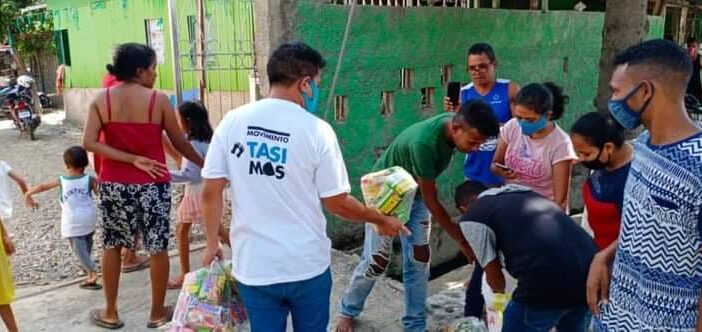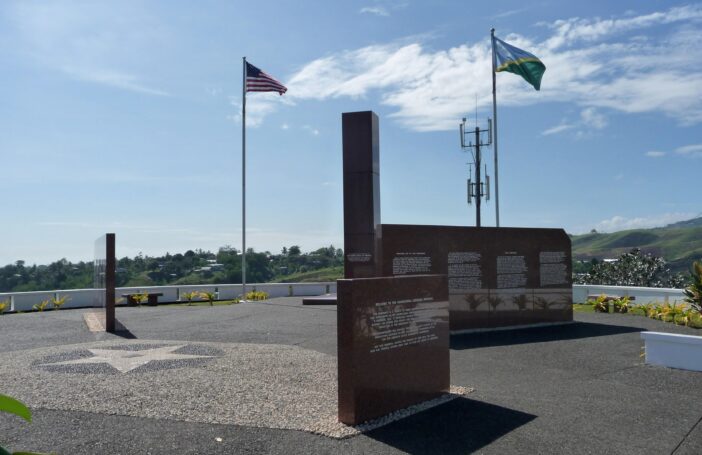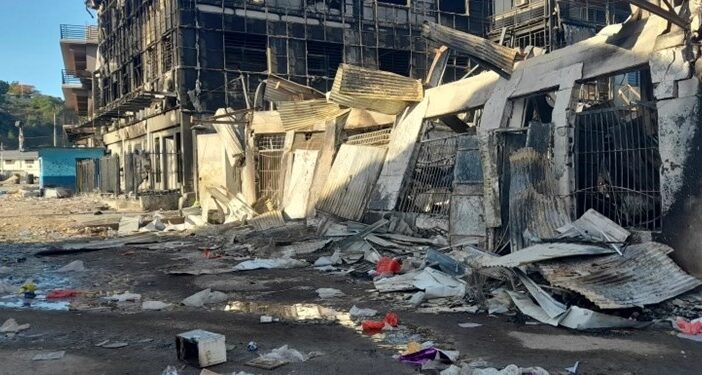Over the first few days of April the low pressure system which eventually became Tropical Cyclone Ita deluged Guadalcanal. The resulting floods saw the Matanako and Lunga rivers burst their banks, inundating parts of Honiara. Further east rivers also flooded across the Guadalcanal Plains. The worst affected areas were the informal urban settlements that lay next to the Matanako and Lunga Rivers, as well as rural settlements on the Plains. At least 20 people died in the floods and many more were left homeless.
The flooding was almost two months ago now, yet for many of those flooded out of their homes, progress in return or resettlement has been slow. Too slow. According to ReliefWeb at least 4,000 people are still in temporary accommodation, and the health and sanitary situation is not good.
Last Friday (16 May), a group of people (possibly as many as several hundred) rioted and burnt stores near the Eastern edge of Honiara. The catalysts for the riot seem to have been frustration with the slow rebuilding, belief the nation’s political leaders are displaying insufficient concern for the victims, and a feeling that relief funding has been misappropriated. In the case of Friday’s riot — which came coupled with looting — these grievances appear to have been accompanied by a degree of opportunistic criminality.
In many ways the floods borne of the nascent tropical cyclone have been a perfect storm of sorts. It would be hard to design a natural disaster more likely to stress test the institutions and fault lines of today’s Solomon Islands.
Decades of limited economic development in rural parts of the country have contributed to urban migration concentrated on Honiara. And, as with so many other third world cities, the municipality has struggled to cope. Its informal settlements are large, poorly served, and often built atop insecure or indeterminate land tenure. Even a well-governed country would struggle to manage the re-housing of large numbers of people flooded out of these sorts of settlements.
And Solomon Islands is not a well-governed country. Patronage politics, and the political incentives which come coupled with it, have meant that both government departments and municipal bodies in Honiara perform far from optimally.
And so the country is struggling with the wake of its natural disaster.
The news is not entirely bleak. Solomons Police were able to bring the rioting under control, which suggests improved performance on their behalf, and Facebook forums have given birth both to local efforts to help flood victims and also to clean up after the riot, evidence perhaps of a newly growing civic culture, which might eventually come coupled with political change and improved governance. For now though, the sad fact of the matter is that the country is being sorely tested as weak institutions struggle to deal with a situation born both of deluge and under-development.




